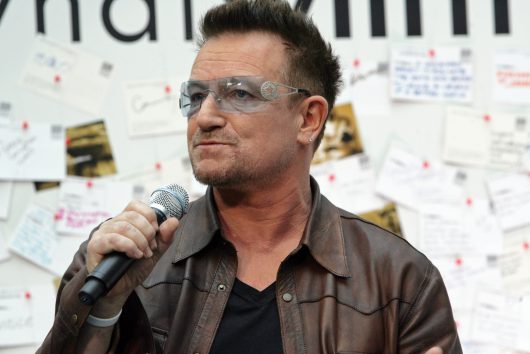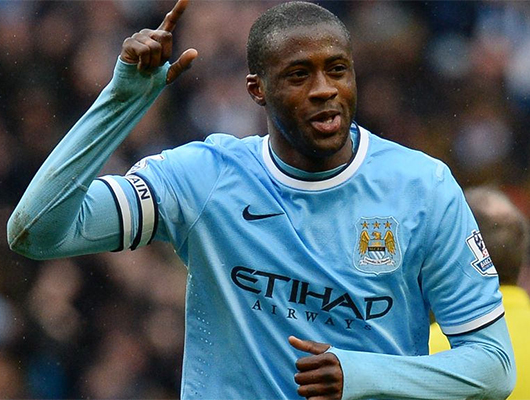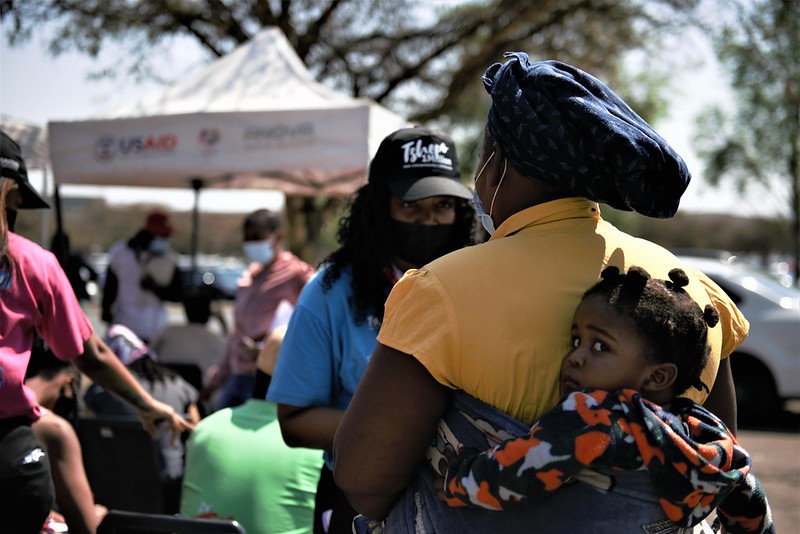 African governments have struggled to vaccinate their populations, which has become more imperative with recent surges of COVID-19 in the continent and more variants arising as time passes by. As of September 2021, less than 4% of Africa’s population is completely vaccinated. This strongly contrasts the rate of the United States, equating to about 54% and at least 20% of populations on every other continent. There are two main factors contributing to Africa’s extremely low vaccination rate: vaccine hesitancy and inadequate supply.
African governments have struggled to vaccinate their populations, which has become more imperative with recent surges of COVID-19 in the continent and more variants arising as time passes by. As of September 2021, less than 4% of Africa’s population is completely vaccinated. This strongly contrasts the rate of the United States, equating to about 54% and at least 20% of populations on every other continent. There are two main factors contributing to Africa’s extremely low vaccination rate: vaccine hesitancy and inadequate supply.
Inadequate Supply
Low-income countries around the world have struggled to obtain a sufficient supply of the COVID-19 vaccine while wealthy countries acquired much of what was available. This lack of vaccines is apparent in Africa, home to some of the most impoverished countries in the world. Wealthy countries obtained COVID-19 vaccines because they “cut deals directly with vaccine-makers, securing a disproportionately large share of early supply and undermining a fledgling COVAX.”
In contrast to the actions of wealthy countries, COVAX wanted to distribute the vaccine supply to all countries engaged in the initiative. Countries in Africa are especially dependent on COVAX as most African governments cannot afford to buy vaccines. For example, Burundi, with “the highest poverty rate in Africa at 80%” needs aid from COVAX to obtain various vaccines. These countries rely on Gavi, the global Vaccine Alliance behind COVAX to obtain vaccines not only for COVID-19 but for various other illnesses as well. So far, COVAX has delivered more than 31 million doses of the COVID-19 vaccine to countries in Africa and plans to supply 520 million doses by the end of 2021. While Africa is receiving more vaccines through COVAX, vaccine hesitancy in Africa presents another barrier to vaccination.
Vaccine Hesitancy
The ONE Campaign, UNICEF and the African Union have partnered to create a TikTok initiative to tackle vaccine hesitancy in Africa by addressing concerns and misinformation about the vaccine. During a COVID-19 surge in May 2021 in Africa, “a survey conducted by Geopoll” indicated that a mere 48% of people in Africa would take the vaccine if it was accessible. This statistic decreased from 62% in November 2020, which “further illustrates the impact of continued negative information about the vaccine.”
The TikTok campaign helps correct social media misinformation about COVID-19, addresses people’s concerns and promotes the vaccine under the hashtag #MythOrVax. The campaign will have two phases. The first phase involves a public quiz on TikTok that tests users’ preexisting knowledge of COVID-19 and the vaccine. The second phase of the campaign starts on September 4, 2021, involves the organizations bringing African celebrities and health experts to discuss people’s concerns about the vaccine and the importance of getting the vaccine. While the slow vaccine rollout in Africa is a result of limited supply due to wealthy countries obtaining masses of vaccines, there is still low vaccine confidence in Africa, which the campaign aims to resolve.
Looking Ahead
The vaccine rollout in Africa is lagging but major international organizations and governments are committing to securing more vaccines for people in Africa in the coming months heading into next year. However, vaccine confidence must grow in order for Africa’s vaccination rate to improve, which should ultimately help to reduce the growing number of infections on the continent. With the TikTok campaign to reduce vaccine hesitancy in Africa, Africa can successfully improve its low vaccination rate.
– Kyle Har
Photo: Flickr
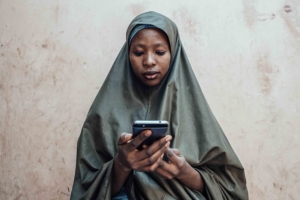 Every day the world becomes more dependent on computers. In the modern era, impoverished communities often lack access to technology. Therefore, technology is inaccessible in many developing countries. However, Nigeria finds itself in a unique position; the country’s ICT (information and communication technologies) sector has grown significantly since the early 2000s. In fact, Nigeria hosts “Africa’s biggest technology market and accounts for 23% of internet users in Africa with 122 million people online in December 2018.” Unfortunately, there is gender inequality in Nigeria’s tech industry as is the case in many other countries around the globe.
Every day the world becomes more dependent on computers. In the modern era, impoverished communities often lack access to technology. Therefore, technology is inaccessible in many developing countries. However, Nigeria finds itself in a unique position; the country’s ICT (information and communication technologies) sector has grown significantly since the early 2000s. In fact, Nigeria hosts “Africa’s biggest technology market and accounts for 23% of internet users in Africa with 122 million people online in December 2018.” Unfortunately, there is gender inequality in Nigeria’s tech industry as is the case in many other countries around the globe.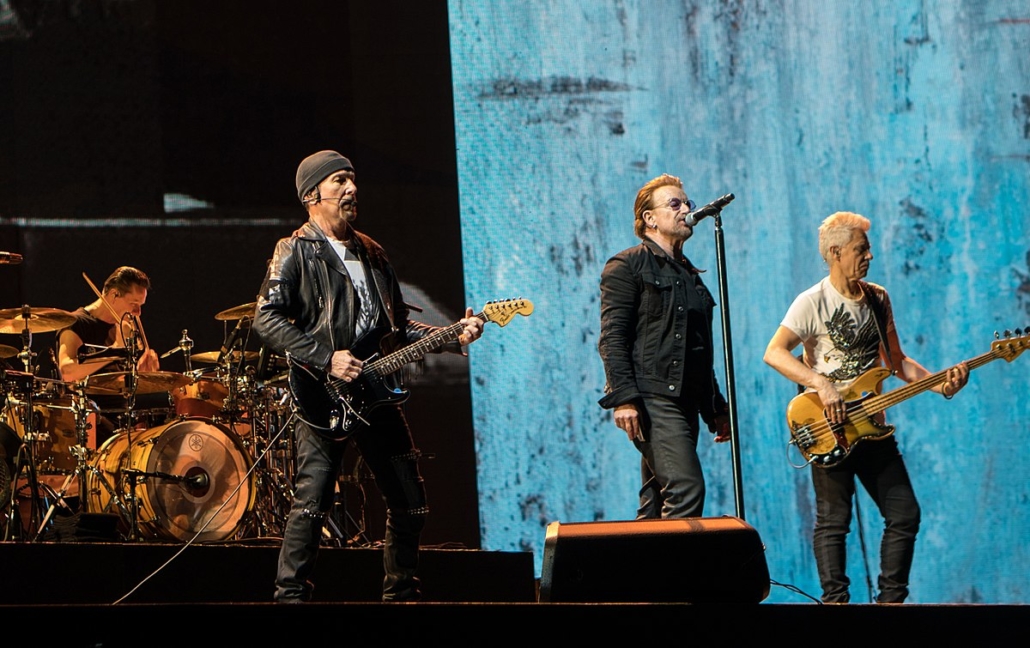
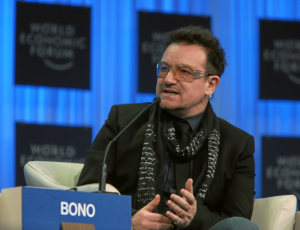

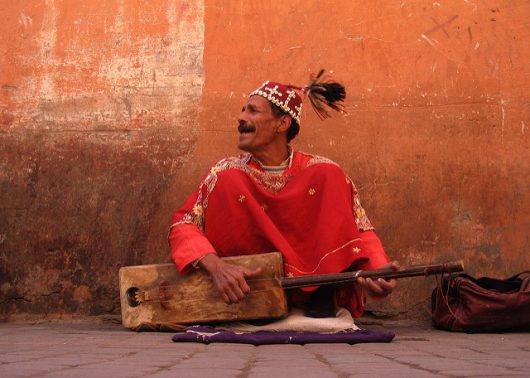
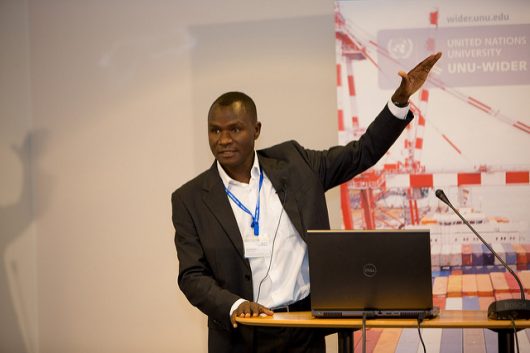 A recent report published by the ONE Campaign entitled ‘The African Century’ shows the urgent necessity of the international community to pay attention to development on the African continent. With Africa’s population set to double by 2050, the authors of the report have stated that taking action on
A recent report published by the ONE Campaign entitled ‘The African Century’ shows the urgent necessity of the international community to pay attention to development on the African continent. With Africa’s population set to double by 2050, the authors of the report have stated that taking action on 
